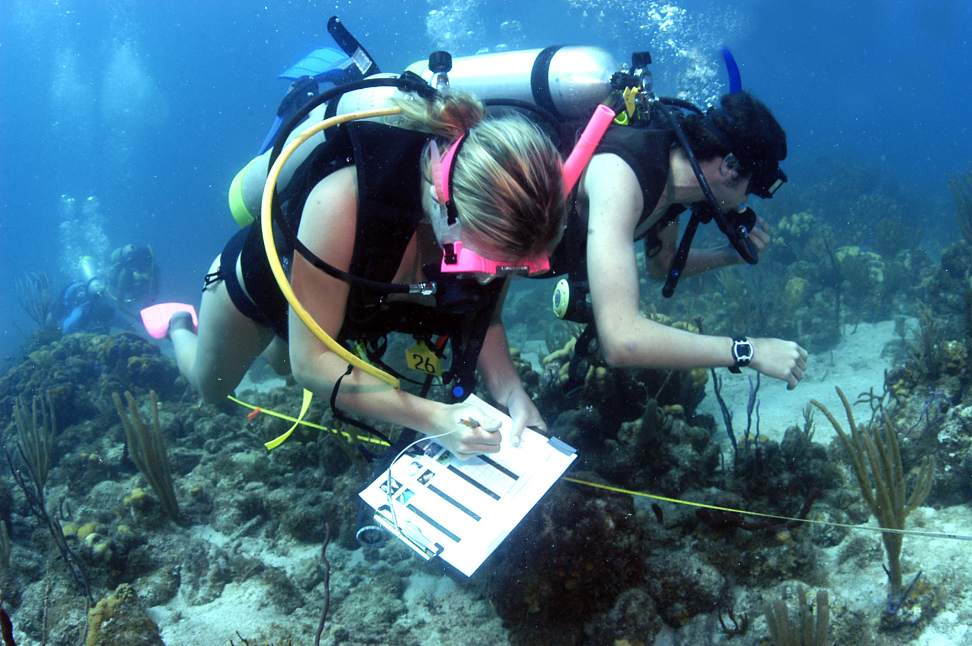Lotus365 Book, Lotus365, Lotus365: Marine biology is the scientific study of organisms that inhabit the oceans and other saltwater environments. This field encompasses a wide range of disciplines, including marine ecology, oceanography, and marine physiology. Marine biologists aim to understand the diversity, behavior, and interactions of marine organisms, as well as the ecosystems they inhabit.
With over 70% of Earth’s surface covered by oceans, marine biology plays a crucial role in understanding the planet’s biodiversity and overall health. Marine biologists investigate various aspects of marine life, from microscopic phytoplankton to massive whales. By studying the complex relationships between organisms and their environment, marine biologists contribute valuable insights into the functioning of marine ecosystems and the effects of human activities on the ocean.
Habitats of Marine Organisms
Marine organisms inhabit a wide range of diverse habitats within the world’s oceans. From the sunlit surface waters to the dark depths of the abyssal zone, these organisms have evolved to thrive in different environmental conditions. Some species can be found along coastal areas, taking refuge in coral reefs, seagrass beds, and rocky shores, where they can find food and shelter.
Other marine organisms are adapted to live in the open ocean, where they navigate vast expanses of water in search of prey. Deep-sea creatures, such as tube worms and anglerfish, make their homes in the extreme conditions of the ocean floor, where pressures are high and temperatures are low. Each habitat within the marine environment offers unique challenges and opportunities for the organisms that call it home, driving the rich biodiversity that exists in our oceans.
� Coastal areas:
– Coral reefs
– Seagrass beds
– Rocky shores
� Open ocean:
– Vast expanses of water
– Navigating in search of prey
� Deep-sea:
– Extreme conditions on ocean floor
* High pressures
* Low temperatures
What is marine biology?
The scientific study of creatures found in the ocean or other marine environments is known as marine biology.
What are some of the different habitats of marine organisms?
Lotus365 Id, 99exch, 99exch.com Login: Marine organisms can be found in a variety of habitats, including coral reefs, kelp forests, deep-sea vents, sandy bottoms, and rocky shores.
How do marine organisms adapt to their habitats?
Marine organisms have developed a range of adaptations to survive in their specific habitats, such as camouflage, bioluminescence, and symbiotic relationships with other organisms.
Why are habitats important for marine organisms?
Habitats provide essential resources for marine organisms, including food, shelter, and protection from predators. Disruption of habitats can have a negative impact on the health of marine ecosystems.
What are some threats to marine habitats?
Marine habitats are facing a range of threats, including pollution, overfishing, climate change, and habitat destruction. Conservation efforts are essential to protect these critical ecosystems.

